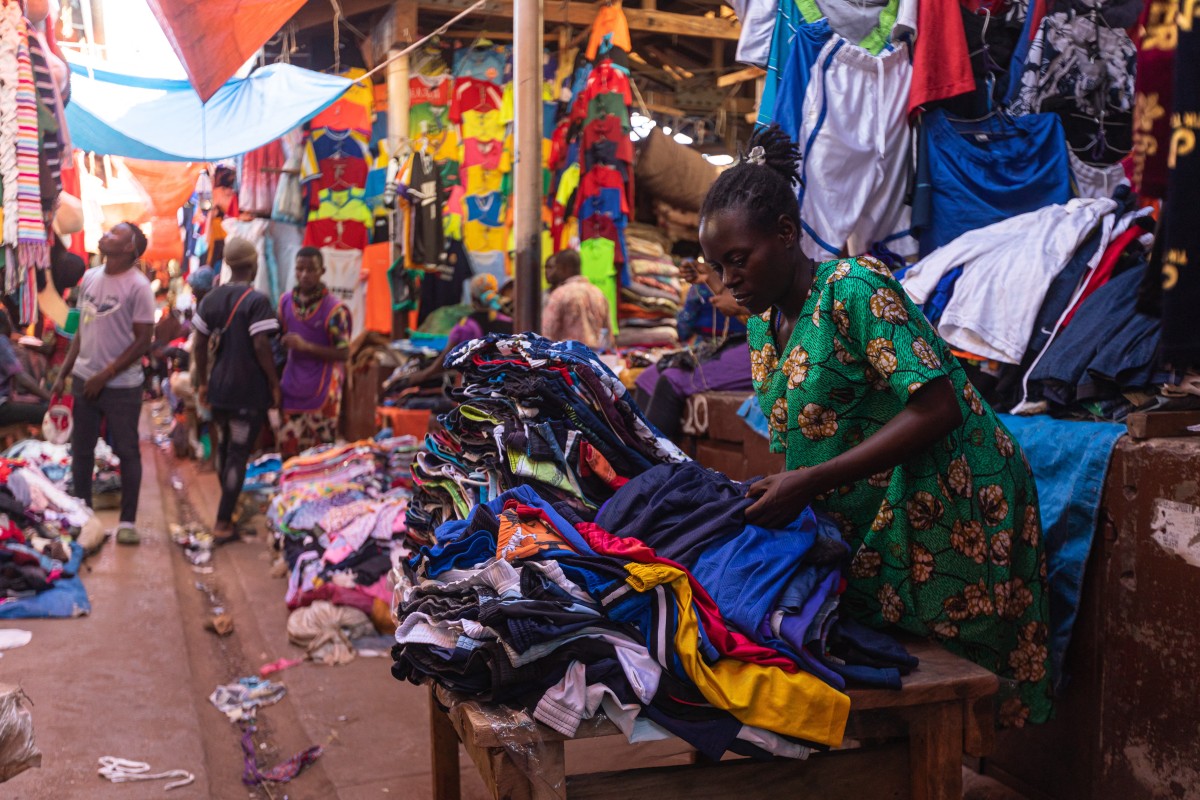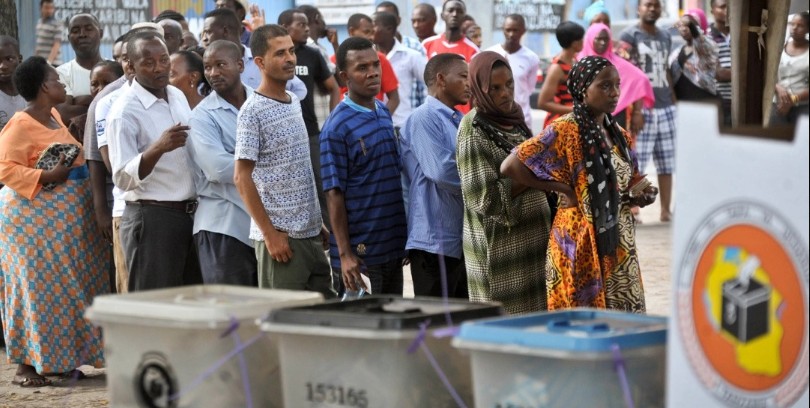Businesses record decline in sales in Q2 - survey

In terms of sectors, clothing/apparel stores, restaurant/bars & leisure outlets, and retail stores all saw improvements in the period under review.
A majority of businesses in the country recorded a decline in sales in the three-month period to June this year, a new consumer index survey has revealed.
The Q2 Consumer Spending Index by financial services provider ICEA Lion shows an overall 55 per cent of businesses across the country's major towns reported a decline in sales.
More To Read
- Private sector shows signs of recovery, boosted by gains in retail and manufacturing
- Mounting pending bills choking SMEs, risking jobs - CoB Margaret Nyakang’o
- SMEs warn soaring prices of raw materials, costly licences threaten survival
- MSME census set to provide fresh data for targeted support, says Oparanya
- President Ruto distributes business equipment to Nairobi youth groups
- SMEs see brighter outlook but struggle with market access, corruption - report
"Approximately 55 per cent of the businesses experienced a decline in sales in Q2, with the majority of them reporting a decrease ranging from six to 20 per cent," the report reads.
"On the other hand, of the 37 per cent of businesses that saw an increase in sales, the majority reported an increase ranging from 11 to 40 per cent."
The decline in businesses' sales is mainly attributed to the small and micro businesses' sales trend which declined in the previous quarter and the current one by 24 per cent and 65 per cent, respectively.
On the other hand, the larger businesses had an increase in sales trends of 27 and 56 per cent, respectively.
In terms of sectors, clothing/apparel stores, restaurant/bars & leisure outlets, and retail stores all saw improvements in the period under review.
Notably, house fittings experienced a significant drop of 54 per cent compared to the baseline and a 61 per cent drop compared to Q1 2024.
The businesses, however, have painted a positive outlook in the coming quarter with 45 per cent of them saying they anticipate a sales increase in the upcoming quarter, with 11 per cent expecting a decrease.
Meanwhile, 30 per cent are uncertain about future sales, and the remaining 14 per cent believe sales will remain steady.
An average of 41 per cent of the businesses surveyed said they address the concern of rising supply costs by passing them on to customers through price hikes while 32 per cent opt to maintain sales at the same price by reducing profit margins.
Additionally, 15 per cent utilise credit options, while 11 per cent draw from company reserves to cope with the increase.
This is even as the consumers in the country have reportedly increased their spending while at the same time cutting down on non-essentials to stay afloat.
Approximately 77 per cent of respondents surveyed in the country's major cities raised their spending in the period under review on account of goods' price increases.
Other Topics To Read
Top Stories Today











































